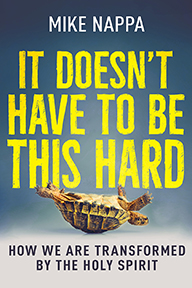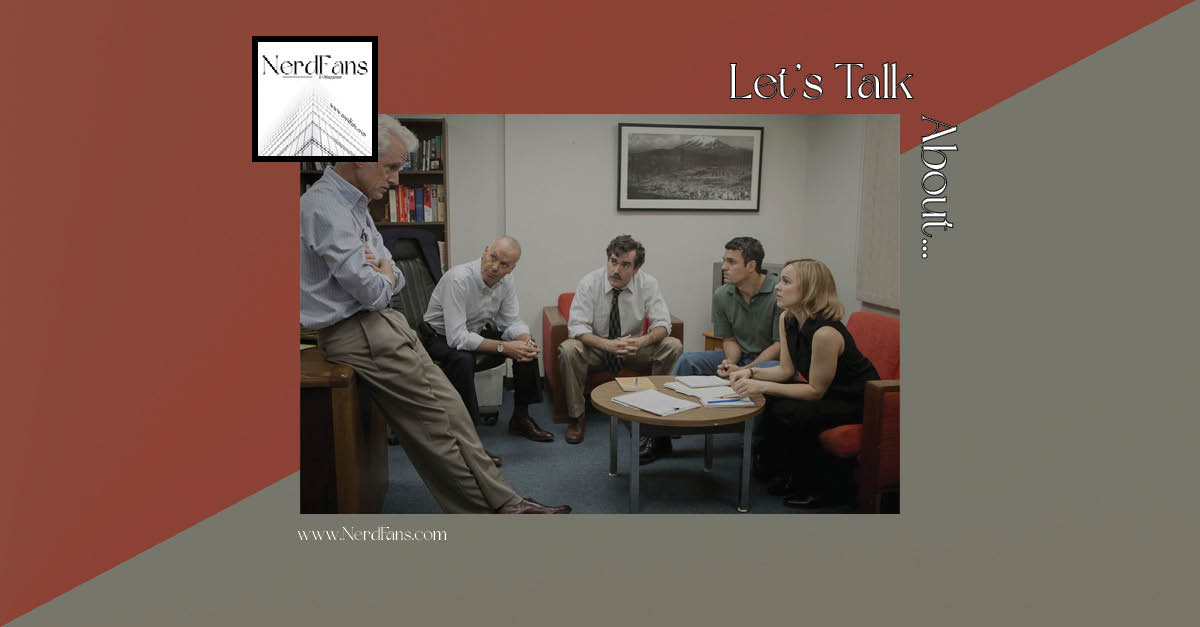An Editorial Team reason for rejection
I remember once I was pitching a book to publishers that dealt with practical theology and American life in the 21st century. I had outlined it all and written the first 50 pages or so, and I sent it out. Not long after, one enthusiastic publisher called me about the book.
“This is very well written.” she said, “It has both depth and readability. We think it could do well with our house.”
“Why, thank you,” I said.
“But you’re not qualified to write it,” she said.
I was dumbfounded. “How can you tell me I’m not qualified to write what I’ve already written?” I asked.
She just shrugged. “You’re not a pastor or a seminary professor. There’s no way we can sell a book like this unless it was written by someone with those kinds of credentials.” She asked me to find a professor to coauthor, saying they then would publish. I declined.
Well, I did find another publisher for that book. And I did write the whole thing—despite my lack of credentials. And it was lauded by critics and reviewers and even won a prestigious national award. But (and I have to grit my teeth to say this), in the end that tactless editor was right. The book sold poorly in the marketplace and never even earned back its advance.
Despite the actual content of my book, despite the glowing endorsements, and even the award-winning status the book earned, the fact that I was neither a pastor nor a seminary professor was enough to limit this book in the eyes of many potential buyers. As far as they were concerned, I wasn’t credible on the topic (practical theology) about which I wanted to write.
Working as an agent today, I make the same kinds of judgments about your books that The Tactless One made about mine. If you send me a book on principles of parenting, but you have no children of your own, I’m skeptical. If you think you’ve got the next great political plan for America, but you’ve never run for office or held a job in government, chances are good I’ll reject. If you want me to represent your book on how to make millions as an entrepreneur, but you’re still living in your mother’s basement and working part-time at the local coffeehouse, well, something about that situation tells me you might not be credible.
Credibility counts in the marketplace, and that means it’s important on the editor’s desk as well. If you’re not truly a credible authority on your subject of choice, you’re going to get a rejection letter. And you just might deserve it.
What You Can Do About It
1. Demonstrate clearly why you can be trusted on the topic.
It’s OK if you’re not everything everyone would expect as the author of a book on a particular topic. For instance, a man writing a book about the emotional stages of pregnancy might seem wrong at first glance—until you discover that this male author is also an obstetrician with a doctorate in psychology on the side.
Or, a stay-at-home mom may seem unlikely as an author of a book on best practices for business—until she shows that running her household successfully mirrors the management practices of the world’s most successful corporations.
The point is, whatever your experiences and credentials are, make sure you clearly show an editor how those things make you uniquely qualified to write the book on your chosen topic.
2. Earn the right to speak.
Look, if you want to publish a book about cycling, don’t just watch the Tour de France on TV and then assume you’ve got what it takes. Get out there and get on a bike. Enter a race or two. Train for a championship. Take a few nasty spills on the pavement. Test new equipment. Take apart, and put back together again, your old bicycle. Do whatever it takes to earn the right to speak about cycling, both as an intellectual expert and a physical participant in the sport. Once you’ve done that, you’ll have earned the credibility to write about it.
The same principle applies to just about any topic, and to both nonfiction and fiction. Don’t ever let yourself be a writer who is on the outside looking in. Instead, take the time and invest the energy in doing what it takes to earn the right to speak on your particular area of interest. Then you’ll not only be credible as a writer…you just might be interesting!
3. Recruit a credible co-author.
This is the advice that The Tactless Editor gave to me. She actually wanted to publish my book, but she couldn’t do it unless I had more credibility on the topic. From her perspective, that was as simple as finding a seminary professor who was willing to loan me his name and credentials as “coauthor” on the book. I, obviously, declined. But, even though I still dislike this idea in general, I can see that it would work both in a publishing board meeting and in the marketplace.
So, if you just don’t have the right credentials but you still feel like you can write a great book on the topic, this is an option. Find an established expert on your topic and offer to share both a byline and royalties if he or she will collaborate with you on the book. Who knows? You may find that you like it.
Looking for more? Check out these links:









